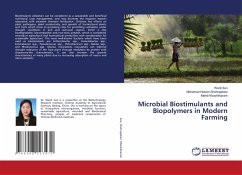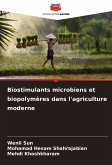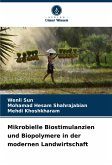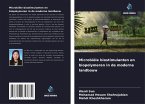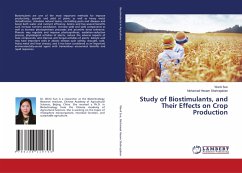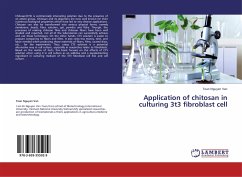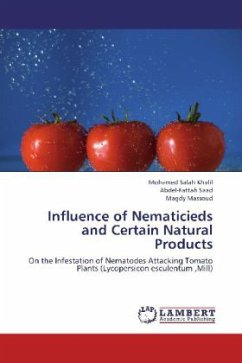Biostimulants utilization can be considered as a sustainable and beneficial nutritional crop management, and may decrease the negative impacts associated with excessive chemical fertilization. Chitosan has effects on plant pathogens, plant productivity, and growth of horticultural plants and fruits which show its promising roles for permitting cultivation under drought conditions in arid and semi-arid regions. Chitin is also biodegradable, biocompatible and non-toxic polymer, which is considered recently in agricultural and horticultural production with consideration for sustainable agriculture. The most well-known bacteria which have been used as biostimulants are Artherobacter spp., Acinetobacter spp., Enterobacter spp., Pseudomonas spp., Ochrobactrum spp., Bacilus spp., and Rhodococcus spp. Glomus intraradices inoculation can improve drought tolerance of the host plant through mediation by protein with chaperone-like characteristics. It can also increase the growth characteristics of many plants due to increasing absorption of macro and micro elements.
Bitte wählen Sie Ihr Anliegen aus.
Rechnungen
Retourenschein anfordern
Bestellstatus
Storno

